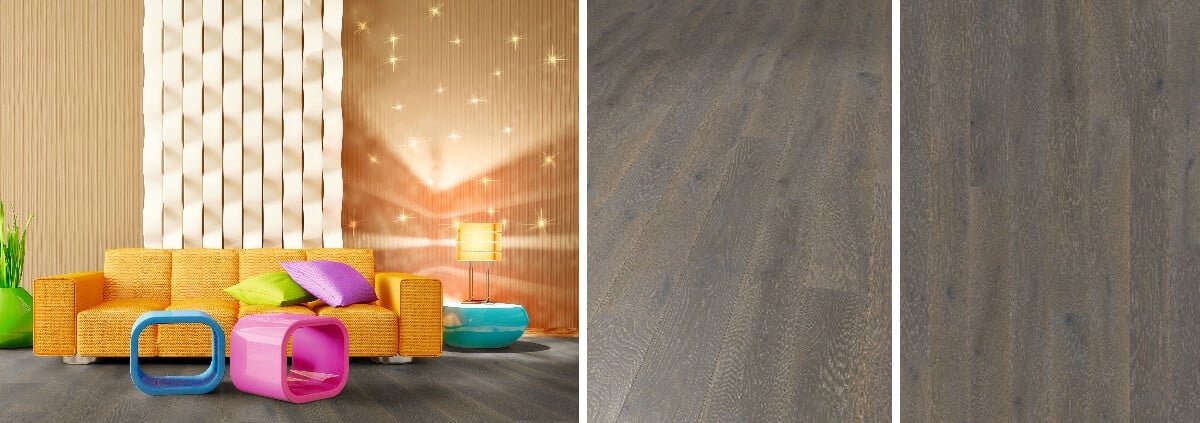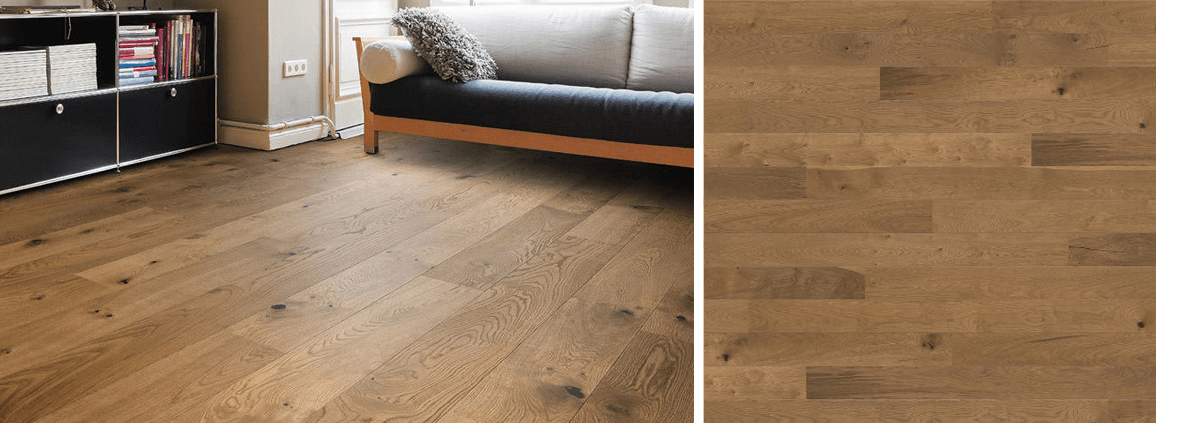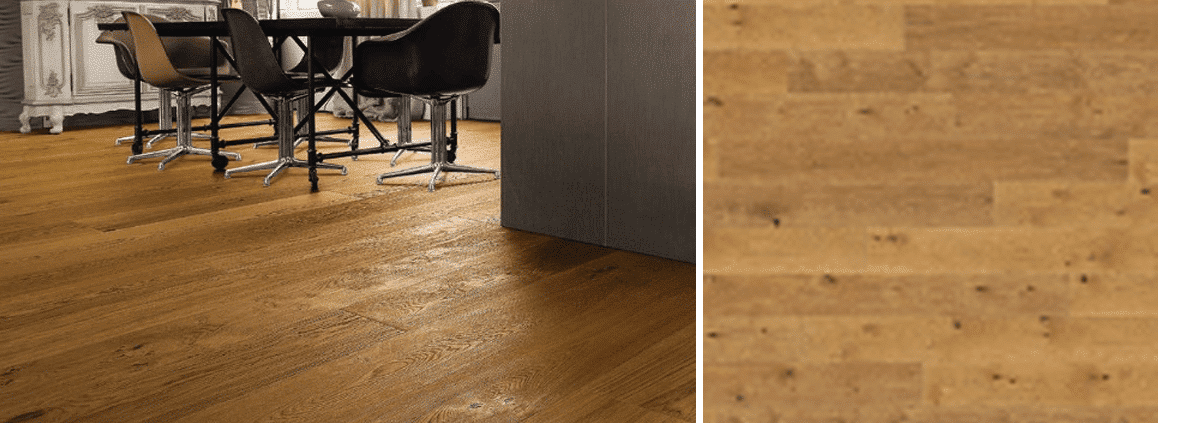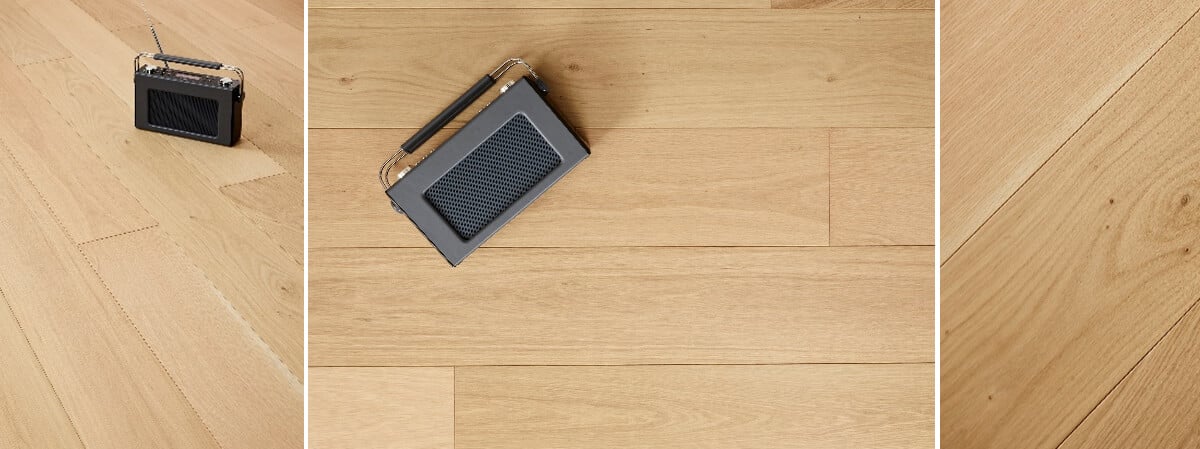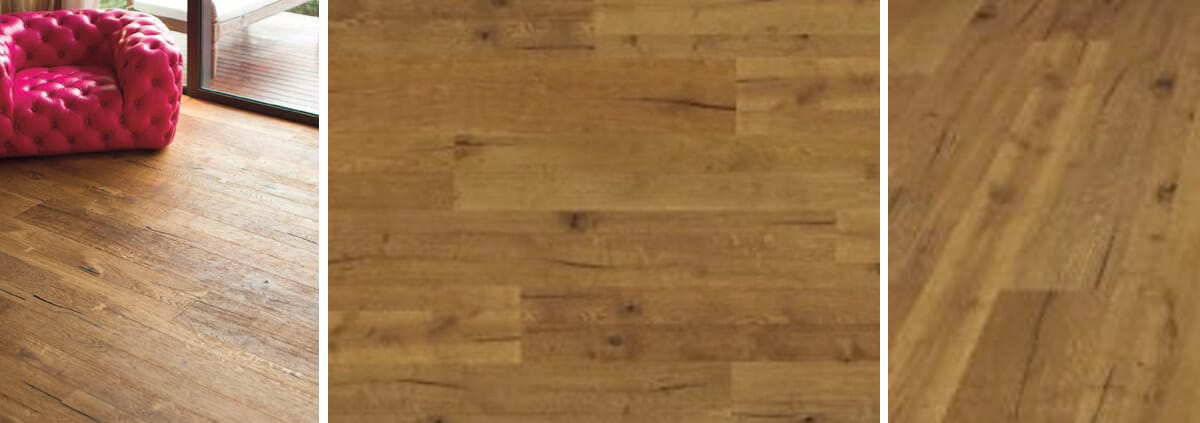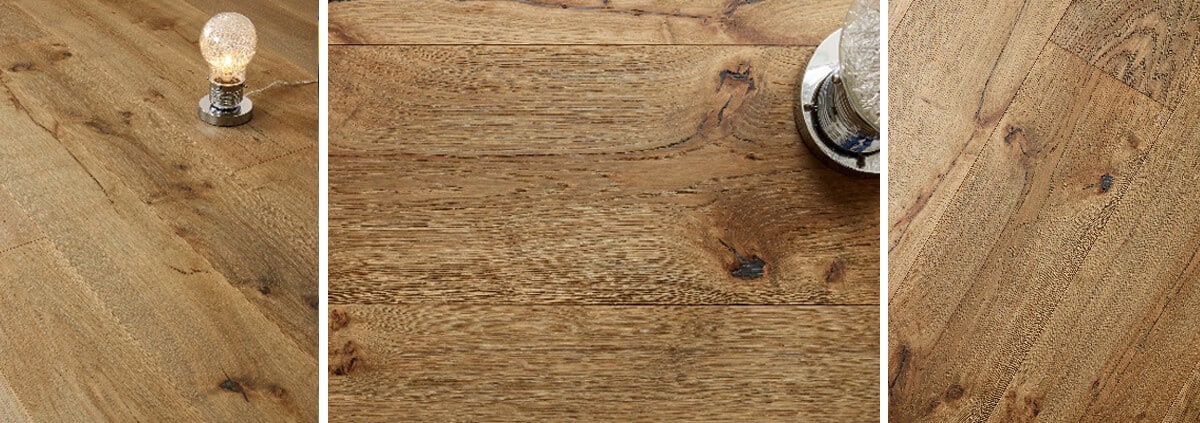best way to refinish hardwood floors: 7 Pro Tips
Best Way to Refinish Hardwood Floors
London’s historic townhouses and modern apartments share one timeless design secret: a gleaming timber floor that turns heads the moment you step inside. Homeowners and commercial landlords alike search day and night for the best way to refinish hardwood floors because a dull, scratched surface can erase property value faster than cold weather warps untreated boards. If you’ve been typing best way to refinish hardwood floors into every search engine, you’re in the right place. At Nationwide Hardwood Flooring Company, we’ve spent two decades perfecting the best way to refinish hardwood floors for spaces from Notting Hill boutiques to Canary Wharf boardrooms. Keep reading and you’ll discover why the best way to refinish hardwood floors starts with smart preparation, uses professional-grade tools, and finishes with London-tested sealants that combat the city’s damp winters and dry summers. Whether you plan a DIY weekend or prefer our award-winning team, this guide reveals every insider tip you need to master the best way to refinish hardwood floors without breaking the bank. For more expert advice, browse our floor-care blog.
Why London Homeowners Need the Best Finish
From Victorian terraces in Islington to airy lofts in Shoreditch, London interiors rely on original timber planks to anchor their character. Yet the capital’s notorious foot traffic, high humidity and occasional water leaks make finding the best way to refinish hardwood floors more than a vanity project; it’s a necessity. When you understand the best way to refinish hardwood floors, you preserve your investment, reduce allergens and avoid costly replacement. Skipping corners or rushing work means scratches return within months, so embracing the best way to refinish hardwood floors saves both money and stress. Residents who have discovered the best way to refinish hardwood floors rave about warmer tones, improved acoustics and that unmistakable scent of freshly sealed oak wafting through their homes. Need design inspiration? Explore finishes on our project showcase.
Step-By-Step Preparation in London
Successful projects always begin with meticulous preparation. Clear the space entirely—remember, London flats often have awkward stairwells, so enlist help moving furniture. Next, vacuum every crevice, then wash the planks with a pH-neutral cleaner; grime can sabotage even the best way to refinish hardwood floors by preventing stain penetration. Third, repair loose boards and countersink protruding nails to stop sandpaper tears and tool damage. Finally, cover vents with plastic to protect intricate Victorian cornices from dust. Following these four steps ensures crisp, even results every single time.
Assessing Your Floor Condition
Before you rent equipment, perform a water-droplet test—if the bead disappears quickly, your sealant has failed. Deep black stains near radiators also indicate it’s time for a full refinish. Conversely, minor scuffs may only need a light screen and re-coat, saving precious millimetres of heritage timber. If boards are too thin, consider upgrading to durable engineered options like Loch Tay Multi-Ply Flooring.
Essential Tools to Source in London
- Drum sander and edge sander with 40-, 80- and 120-grit papers.
- HEPA-grade shop vacuum—crucial for London humidity.
- Protective gear: ear defenders, FFP2 masks, and knee pads.
- Filler knife, tack cloths and pH-neutral cleaner.
These tools are readily available at local hire centres such as HSS Hire and Travis Perkins.
Dustless Sanding Methods
Attach vacuum hoses directly to both sanders, empty bags regularly and keep windows slightly ajar. Overlap each pass by one-third to avoid gouges, moving through grits only when the floor feels uniformly smooth. Finish by wiping the surface with damp microfibre cloths to capture residue.
Stain Selection: London Trends
Current design reports favour warm honey and muted blue undertones. Apply sample squares in hidden corners since natural light varies dramatically between north- and south-facing rooms. Stir stains constantly; pigment settles fast, undermining consistency. Whether you love espresso hues for Soho studios or classic golden oak for Hampstead villas, testing ensures results you’ll love.
Sealing for London’s Climate
With annual rainfall around 600 mm, London demands robust sealants. Water-based polyurethane dries fast and emits low odour, ideal for occupied flats. Oil-modified urethane offers deeper amber tones—perfect for period properties—yet still cures hard when applied in thin, even coats. Allow each layer to cure for at least four hours, then de-nib lightly with 220-grit pads before applying a final topcoat.
After-Care Routines
Place coir mats at every entrance, add felt pads to furniture feet and clean weekly with a pH-neutral soap such as Bona Wood Floor Cleaner. In winter, maintain indoor humidity above 40 percent to prevent shrinking and cracking.
Cost Breakdown in London
Expect DIY material costs of £3–£4 per square foot, while hiring professionals averages £6–£9. Drum-sander rental starts at roughly £45 per day. Factor in disposal fees—some councils classify sanding dust as construction waste—and potential electrical upgrades for older circuits.
DIY vs Professional Refinishing
YouTube tutorials make weekend projects enticing, yet misaligned sanders or uneven stain absorption can cost thousands. Professionals bring industrial HEPA extractors, moisture meters and craftsmanship honed across hundreds of London properties. Weigh time commitment, skill level and property value before deciding.
Environmentally Friendly Options
Eco-centric clients can choose plant-based sealers, reclaimed sanding belts and VOC-free stains available at Shoreditch’s Eco Hardware Supplies. Recycling sanding dust into compost adds a sustainable touch.
Frequently Asked Questions
How long does the process take? Two to five days, depending on drying times.Will the smell linger? Low-VOC sealers minimise odour.Can I stay in the house? Proper ventilation allows you to remain home.Is underfloor heating compatible? Yes, but temperatures should stay below 27 °C.
Contact Our London Floor Experts
Ready to experience the best way to refinish hardwood floors firsthand? Call Nationwide Hardwood Flooring Company on 07940 528 315 or email enquiries@nhfcompany.co.uk for a free, no-obligation quote. Prefer browsing online? Visit our contact page to submit your project details in minutes.


